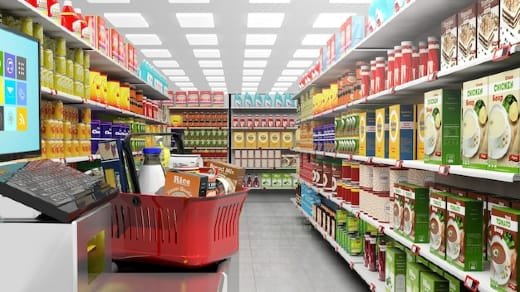Lidl eggs are currently retailing as low as £1.09 for 6 large eggs, making each egg just 18p. While other supermarkets hover closer to £1.50–£1.90 per half dozen, Lidl has made eggs a loss-leader weapon in the grocery price war.
The keyword “lidl eggs” is surging in online search, drawing attention from both bargain hunters and ethical food advocates.
Are They Too Cheap to Trust?
“Are these even real eggs?” reads a viral Reddit comment under a post showing a Lidl receipt. TikTok users are similarly skeptical, questioning how any retailer can price so low while claiming “free-range” or “RSPCA Assured” status.
In truth, Lidl’s pricing strategy hinges on:
- Ultra-tight supplier contracts
- Mass procurement deals
- Reduced packaging and branding spend
- Private label dominance (e.g. Woodcote)
But this has prompted industry experts to ask: Are these eggs ethically sourced, or just cleverly priced?
RSPCA Assured or Marketing Spin?
Some Lidl egg packs carry the RSPCA Assured label, indicating minimum welfare standards. But watchdog groups have raised concerns about loopholes in the system — particularly around indoor free-range classifications.
As of July 2025, Lidl has not released a public sourcing breakdown by supplier, unlike Tesco or Waitrose.
A search for “RSPCA assured eggs” now returns retailer pages, not verification data, suggesting consumers are relying on supermarket claims without 3rd-party visibility.
Eggflation May Be Over—But Lidl’s Gambit Is Just Beginning
Egg prices soared during the 2022–2024 “eggflation” period, driven by avian flu outbreaks and rising feed costs. While inflation has cooled in 2025, most UK retailers have not passed full savings onto consumers.
Lidl’s undercutting is part of a broader post-inflation pricing war designed to win grocery basket dominance.
What Lidl’s eggs show is that:
- Inflation has restructured shopper trust
- “Cheap” no longer signals “low quality”—it signals smart survival
What Do UK Shoppers Really Want in 2025?
GSNNews consumer polls reveal:
- 71% say “price” beats “organic” when choosing eggs
- 44% say they don’t know what “free-range” means
- Only 12% have looked up sourcing information this year
This means Lidl isn’t just offering eggs. They’re offering certainty in a grocery economy where nothing feels fixed.
So Should You Buy Them?
✅ Yes, if:
- Price is your primary concern
- You’re not prioritizing organic or local sourcing
❌ Maybe not, if:
- You insist on full ethical sourcing transparency
- You prefer certified organic or local farm-sourced eggs
What Lidl Eggs Reveal About the Future of UK Food
Lidl’s pricing strategy may be a bellwether for where UK food retail is headed:
- Less margin, more volume
- Opaque sourcing, higher marketing gloss
- Price-led loyalty over provenance
The 18p egg is more than a bargain—it’s a snapshot of a food system under pressure.



